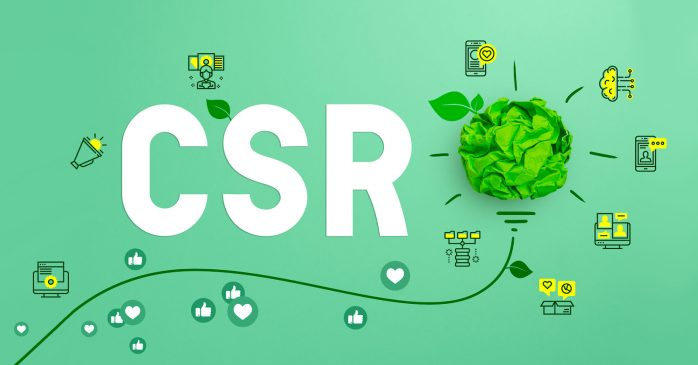New Delhi : The history of Corporate Social Responsibility (CSR) in India dates back several decades, evolving significantly over time. Here’s a brief overview:
Early Years
- Pre-Independence Era: Philanthropy has deep roots in Indian culture, with businesses historically supporting social causes. Notable industrialists like J.R.D. Tata and G.D. Birla contributed to community welfare even before India’s independence in 1947.
Post-Independence Developments
- 1960s-1980s: After independence, the focus shifted to nation-building. The government encouraged companies to participate in social initiatives, often viewing CSR as a means to support rural development and poverty alleviation.
Liberalization and Growth
- 1990s: With India’s economic liberalization, CSR began to gain more prominence. Businesses started recognizing the importance of sustainable practices and community engagement as part of their operations.
Legal Framework
- 2013 Companies Act: A significant milestone in Indian CSR was the introduction of Section 135 in the Companies Act, which mandated that companies meeting certain criteria allocate at least 2% of their average net profits for CSR activities. This legal framework formalized CSR practices and expanded their scope across various sectors.
Current Trends
- Modern CSR: Today, Indian companies engage in diverse CSR activities, ranging from education and healthcare to environmental sustainability and women’s empowerment. Many organizations collaborate with NGOs and community groups to amplify their impact.
Challenges and Future Directions
- Implementation and Impact: While CSR in India has made great strides, challenges remain in ensuring effective implementation and measuring impact. The focus is increasingly on transparency, accountability, and long-term sustainability.
Overall, CSR in India has transformed from traditional philanthropy to a strategic approach that integrates social responsibility into business operations, reflecting a growing recognition of the role of corporations in societal development.

